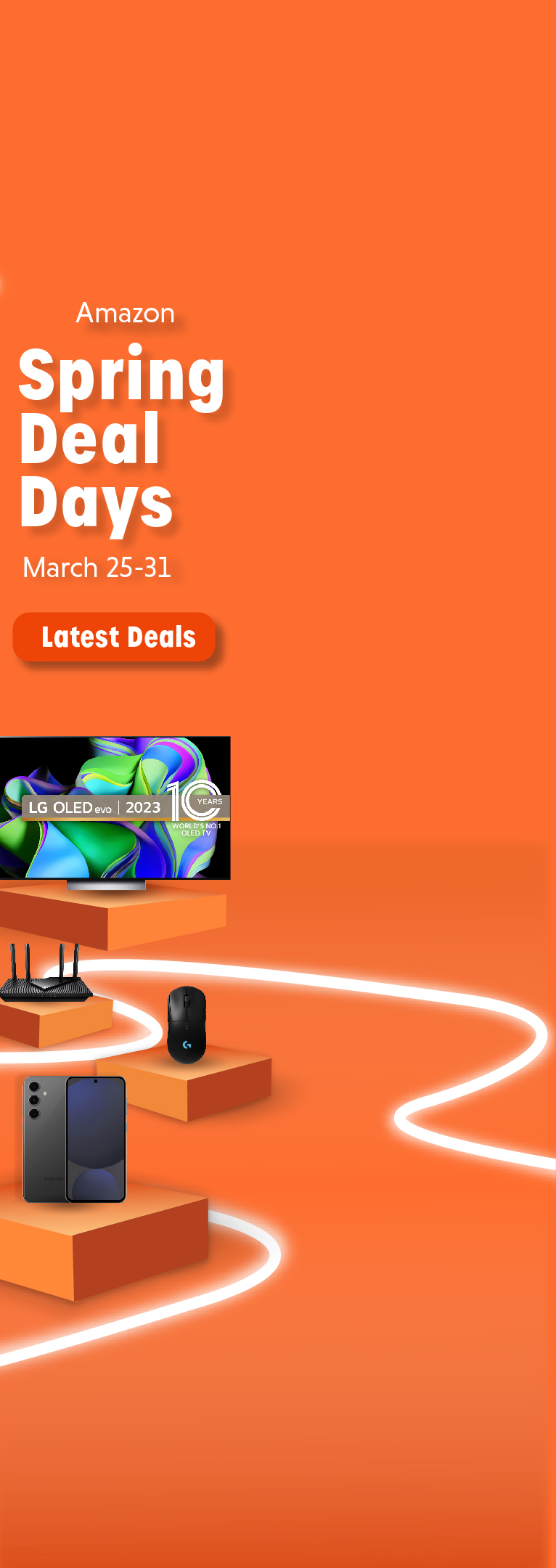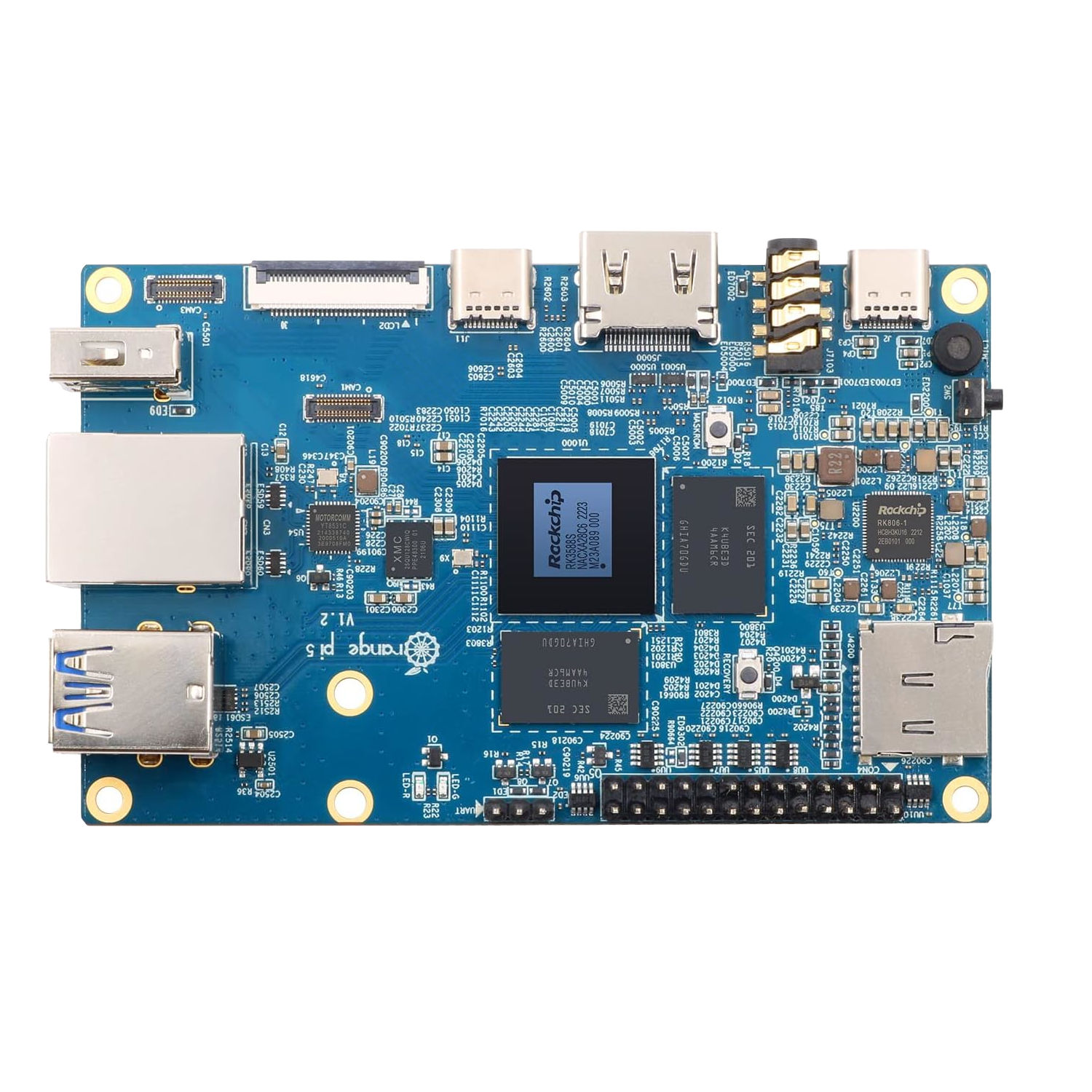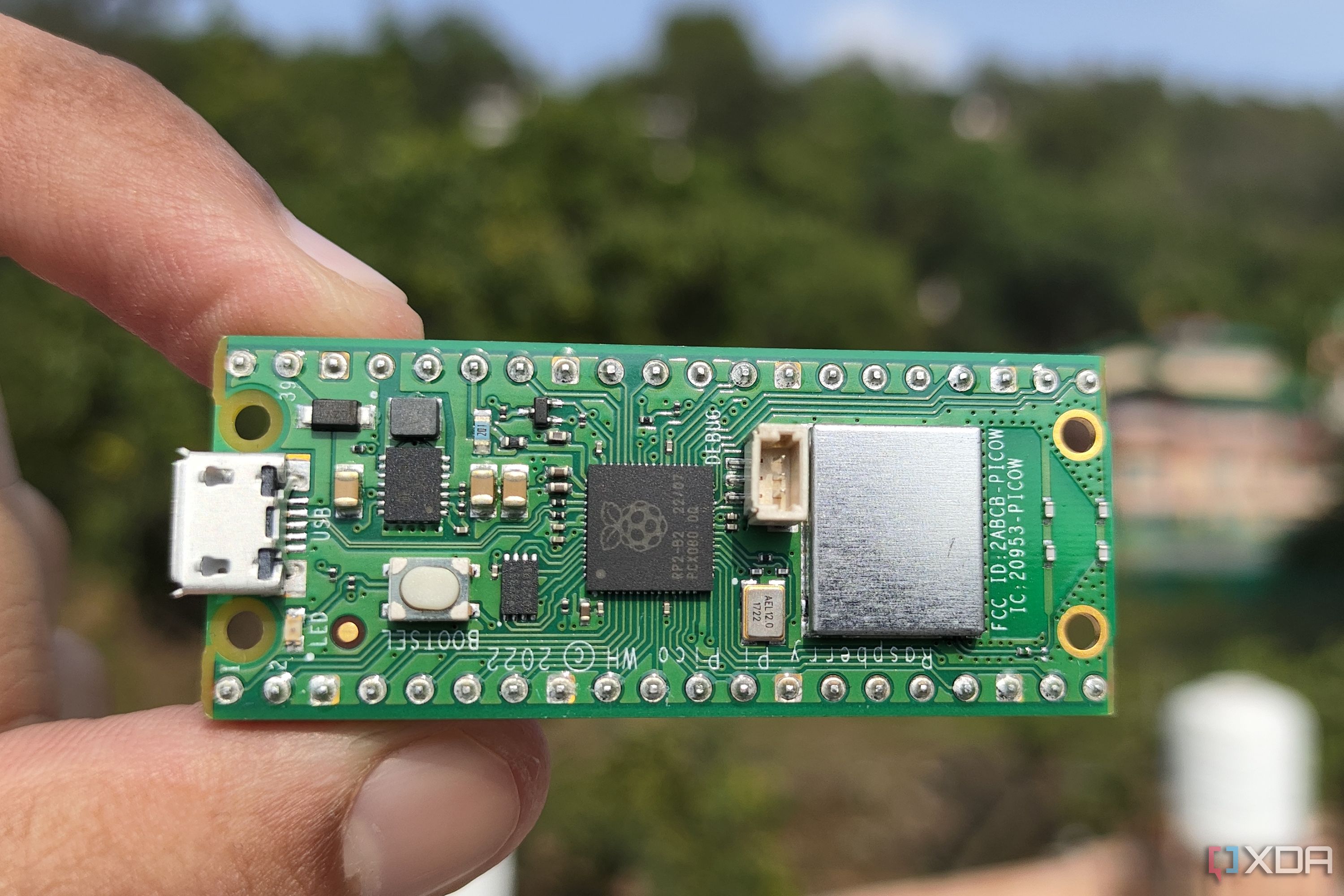Best Raspberry Pi Remote IoT Software: Unlocking The Full Potential Of Your Smart Projects
Let's face it, folks, Raspberry Pi has taken the tech world by storm, and it's not slowing down anytime soon. If you're diving into the world of IoT (Internet of Things), having the best Raspberry Pi remote IoT software is like having a secret weapon in your arsenal. Whether you're a hobbyist, developer, or professional, finding the right software can make all the difference in your projects. In this article, we'll explore the top options and help you make an informed decision.
But hey, before we dive deep into the nitty-gritty of remote IoT software, let's take a moment to appreciate how far Raspberry Pi has come. It's not just a tiny device; it's a powerhouse that can handle complex tasks with ease. And when paired with the right software, it becomes unstoppable. So, if you're ready to supercharge your projects, keep reading.
Now, I know what you're thinking—there are tons of options out there, and choosing the best one can feel overwhelming. Don't worry; we've got you covered. This article will break down the best Raspberry Pi remote IoT software, highlight their features, and provide you with the information you need to make the right choice. Let's get started, shall we?
Why You Need Raspberry Pi Remote IoT Software
Before we jump into the software options, let's talk about why you need Raspberry Pi remote IoT software in the first place. Imagine being able to control your smart home devices, monitor environmental conditions, or manage industrial equipment—all from the comfort of your couch or even while you're miles away. Sounds pretty sweet, right?
Raspberry Pi remote IoT software allows you to do just that. It bridges the gap between your devices and the cloud, enabling seamless communication and control. Whether you're building a weather station, a home automation system, or an industrial IoT solution, the right software can simplify the process and enhance functionality.
Top 10 Best Raspberry Pi Remote IoT Software
1. Node-RED
Node-RED is like the Swiss Army knife of IoT software. It's a visual tool that allows you to wire together hardware devices, APIs, and online services in new and interesting ways. Its drag-and-drop interface makes it super easy to use, even for beginners. Plus, it integrates seamlessly with Raspberry Pi, making it a top choice for many IoT enthusiasts.
Key Features:
- Visual flow-based programming
- Extensive library of nodes
- Supports MQTT, HTTP, and more
- Active community and plenty of tutorials
2. MQTT
MQTT (Message Queuing Telemetry Transport) is a lightweight protocol designed for IoT communication. It's perfect for low-bandwidth environments and ensures reliable message delivery. With MQTT, you can easily connect your Raspberry Pi to a broker and control devices remotely.
Why Choose MQTT?
- Lightweight and efficient
- Supports publish/subscribe model
- Works well with constrained networks
- Compatible with various platforms
Exploring Advanced Options
3. Home Assistant
Home Assistant is a popular choice for those looking to build a smart home ecosystem. It's open-source, highly customizable, and works beautifully with Raspberry Pi. With Home Assistant, you can control all your smart devices from a single interface, making it a must-have for home automation enthusiasts.
What Makes Home Assistant Unique?
- Centralized control for all smart devices
- Supports integration with third-party services
- Easy-to-use dashboard
- Strong community support
4. OpenHAB
OpenHAB is another open-source platform that focuses on home automation. It's highly modular and supports a wide range of devices and protocols. Whether you're building a simple home automation system or a complex industrial IoT solution, OpenHAB can handle it all.
Key Benefits of OpenHAB:
- Vendor-agnostic architecture
- Supports multiple protocols
- Customizable user interface
- Active development community
Cloud-Based Solutions
5. Azure IoT Hub
Azure IoT Hub is a cloud-based solution from Microsoft that offers robust features for IoT projects. It provides secure communication between devices and the cloud, making it ideal for large-scale deployments. With Azure IoT Hub, you can manage millions of devices and process data in real-time.
Why Use Azure IoT Hub?
- Scalable and secure
- Supports device management
- Real-time data processing
- Integration with other Azure services
6. AWS IoT Core
AWS IoT Core is another cloud-based platform that offers powerful tools for IoT development. It allows you to connect billions of devices and process trillions of messages, making it perfect for enterprise-level projects. With AWS IoT Core, you can build scalable and secure IoT solutions with ease.
Advantages of AWS IoT Core:
- Handles massive scale
- Secure device communication
- Supports MQTT and HTTP
- Integration with AWS ecosystem
Local Solutions
7. Mosquitto
Mosquitto is an open-source MQTT broker that can run on Raspberry Pi. It's lightweight, easy to set up, and perfect for small-scale projects. If you're looking for a simple and reliable way to handle MQTT communication, Mosquitto is a great option.
Why Choose Mosquitto?
- Lightweight and efficient
- Easy to install and configure
- Supports MQTT protocol
- Active development and support
8. InfluxDB
InfluxDB is a time-series database designed for handling large amounts of data. It's perfect for IoT projects that require data logging and analysis. With InfluxDB, you can store and query data with ease, making it a valuable tool for monitoring and controlling IoT devices.
Key Features of InfluxDB:
- Time-series data storage
- High performance and scalability
- Supports various data sources
- Integration with Grafana for visualization
Specialized Software
9. Domoticz
Domoticz is a home automation software that supports a wide range of devices and protocols. It's lightweight, easy to use, and works seamlessly with Raspberry Pi. If you're looking to build a smart home system, Domoticz is definitely worth considering.
What Sets Domoticz Apart?
- Supports multiple devices
- Easy-to-use interface
- Energy monitoring
- Customizable alerts and notifications
10. ThingsBoard
ThingsBoard is an open-source IoT platform that offers powerful features for device management and data visualization. It's highly scalable and supports a wide range of protocols, making it suitable for both small and large-scale projects.
Why Use ThingsBoard?
- Device management
- Real-time data visualization
- Rule engine for automation
- Supports MQTT, CoAP, and HTTP
Choosing the Right Software
With so many options available, choosing the right Raspberry Pi remote IoT software can be a challenge. Here are a few things to consider when making your decision:
- Project requirements: What are you trying to achieve with your IoT project?
- Scalability: Will the software grow with your project?
- Compatibility: Does it work well with your devices and protocols?
- Community support: Is there an active community to help you when you run into issues?
Conclusion
So, there you have it, folks—the best Raspberry Pi remote IoT software to supercharge your projects. Whether you're building a smart home, monitoring environmental conditions, or managing industrial equipment, the right software can make all the difference. Remember, the key is to choose a solution that meets your specific needs and grows with your project.
Now, it's your turn. Have you tried any of these software options? Which one is your favorite? Let us know in the comments below, and don't forget to share this article with your friends and fellow IoT enthusiasts. Together, let's build a smarter future!
Table of Contents
- Why You Need Raspberry Pi Remote IoT Software
- Top 10 Best Raspberry Pi Remote IoT Software
- Cloud-Based Solutions
- Local Solutions
- Specialized Software
- Choosing the Right Software
- Conclusion
Best RemoteIoT Behind Router For Raspberry Pi: A Comprehensive Guide
Viral MMS Videos: The Phenomenon That's Taking Over Your Feeds
Remote IoT Display Charts: Your Ultimate Guide To Revolutionizing Data Visualization

Best Raspberry Pi OS for retro gaming, media centers, and overall

Best Raspberry Pi alternatives

A beginner's guide to programming the Raspberry Pi Pico